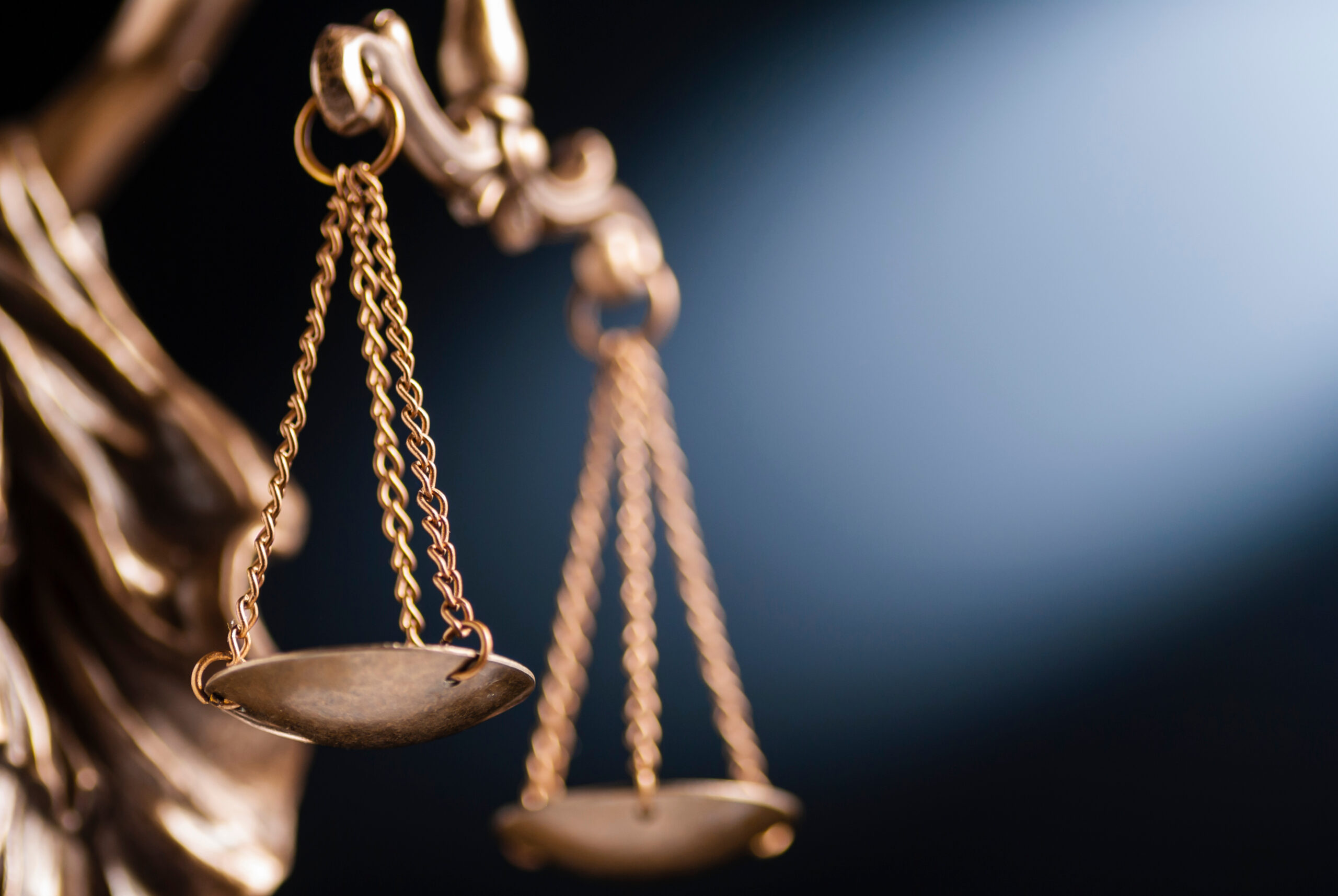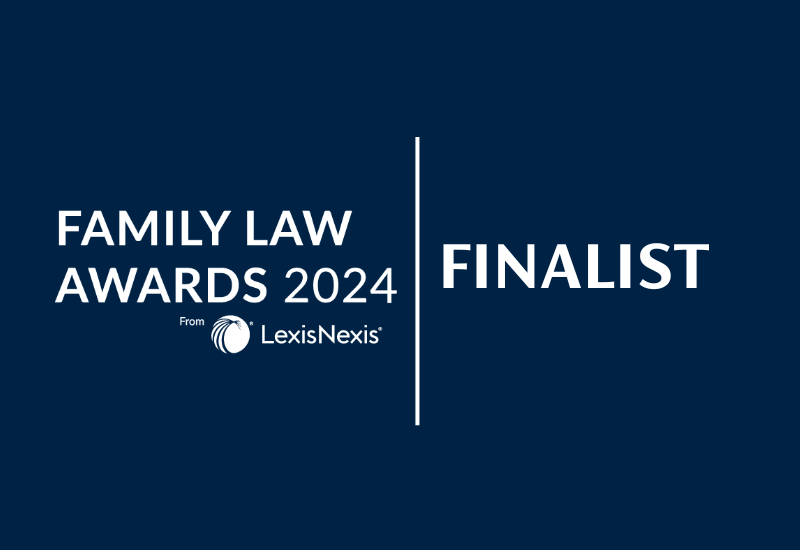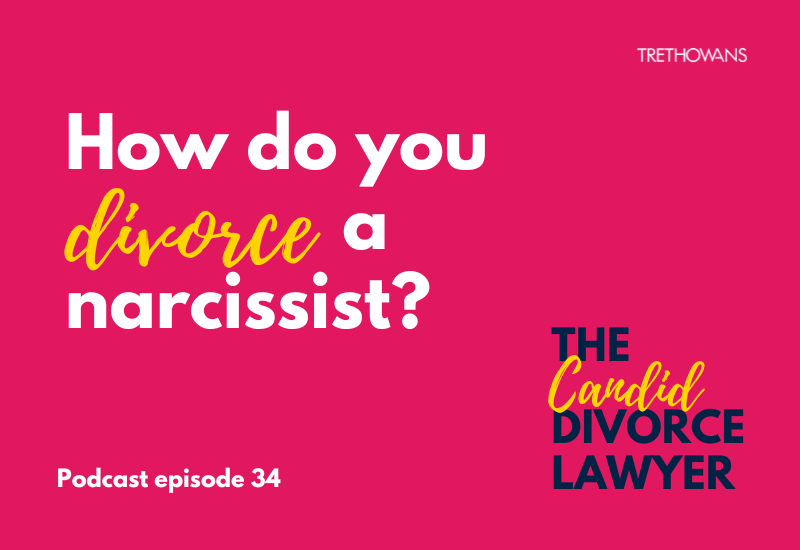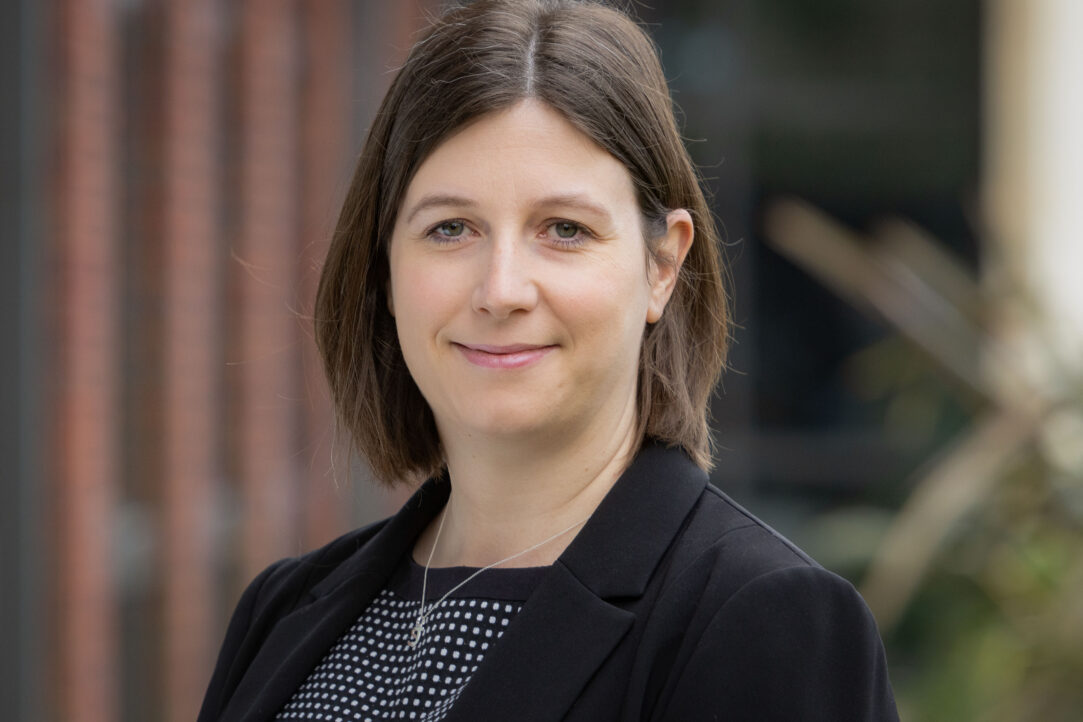Our family solicitors specialise in domestic and international adoption, helping families legally adopt children both in the UK and abroad. The criteria for adopting vary considerably, depending on the circumstances, and can at times be legally complex.
Adoption advice
Our adoption solicitors specialise in adoptions in England and Wales, as well as from international destinations.
If you are considering adopting from abroad, it is a criminal offence to move a child for the purposes of adoption. You should always seek legal advice before you take a child out of the country, or bring the child into the country, with a view to adopting them later.
Stepparent adoption
Our team are frequently asked about stepparent adoption. This is where the husband or wife looks to adopt their spouse’s child. As with all adoption orders, this extinguishes the parental status of the child’s other legal parent. A child can only ever have up to two parents.
What is the effect of an adoption order?
Adoption is the assumption of full legal and parental responsibility for a child. When a child is adopted, it ends the legal relationship between that child and their parent/s and that wider family network e.g. grandparents and other relatives. The child loses all maintenance and inheritance rights too. It means the adoptive parents become the legal parent/s of the child forever and have parental responsibility. The child’s surname can be changed unless the court prevents this and the child acquires inheritance rights from their adoptive parents.
The impact of an adoption order is vast. As a result adoption may not always be the answer, but our team can be creative and may be able to recommend other options which may suit your situation.
Alternatives to an adoption order
Special guardianship orders
This is one option if a child is unable to live with either of its parents but adoption is not considered appropriate, a special guardianship order may be the best option of securing the child’s welfare. This gives a selected third person parental responsibility and enables them to make important decisions for the child without removing any of the parents’ rights. The benefit of a special guardianship order over the orders mentioned below is that the person with special guardianship can exercise their rights over the child to the exclusion of the other parent/s.
Child arrangements order
This order names the person/s with whom the child will live. If one of the persons named does not already have parental responsibility i.e. the stepparent, the order gives parental responsibility to that person. You then share parental responsibility with the child’s parents, although you do not have the same rights as a parent. Neither the parent nor stepparent can change the child’s surname or take them out of the country for more than one month without either the agreement of any other person who has parental responsibility or the court’s permission. You cannot appoint a guardian to look after the child if you die.
Parental responsibility agreement or order
This approach is often adopted by stepparents. It enables a stepparent to obtain parental responsibility for their stepchild either by agreement or a court order if you are married to or are the civil partner of the child’s parent. If your husband, wife or partner is the only person with parental responsibility for the child, they can make a formal agreement with you to share parental responsibility. If the child’s other parent also has parental responsibility, both parents need to agree to let you share parental responsibility.
Why use Trethowans?
Our family team have a number of lawyers who specialise in the arrangements for children. Their extensive knowledge of the various different orders available is invaluable when trying to work out what is best for you and your family. The team are often commended for their child focused approach to any situation and the empathy shown to their clients.
The team are members of Resolution, which follows a code of practice to ensure that your personal circumstances are dealt with in the most dignified and constructive manner.
We offer a free, no obligation, initial consultation to help you consider your options. If you need to expert advice, please contact our family law solicitors today on 0800 2800 421 or get in touch here.






















